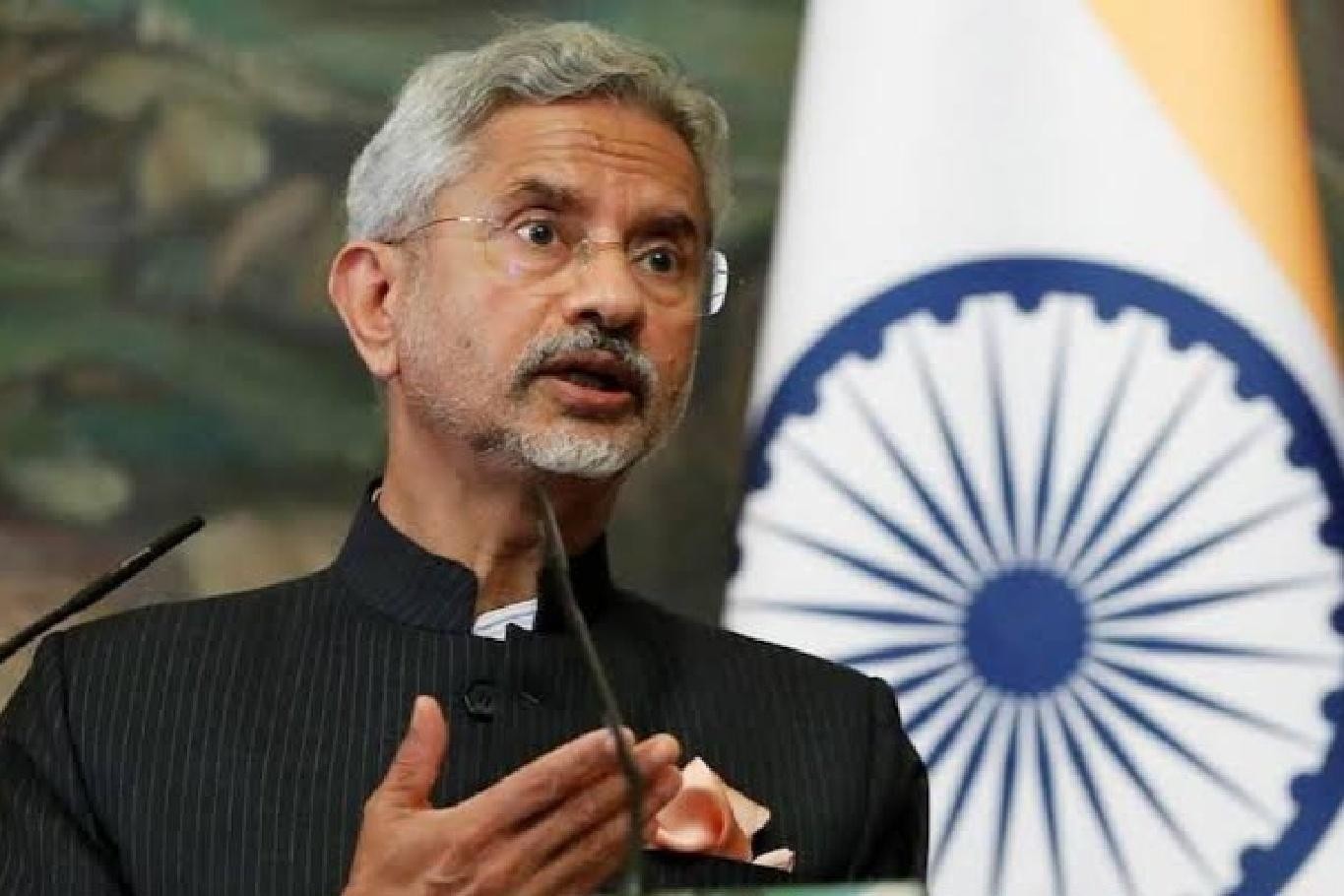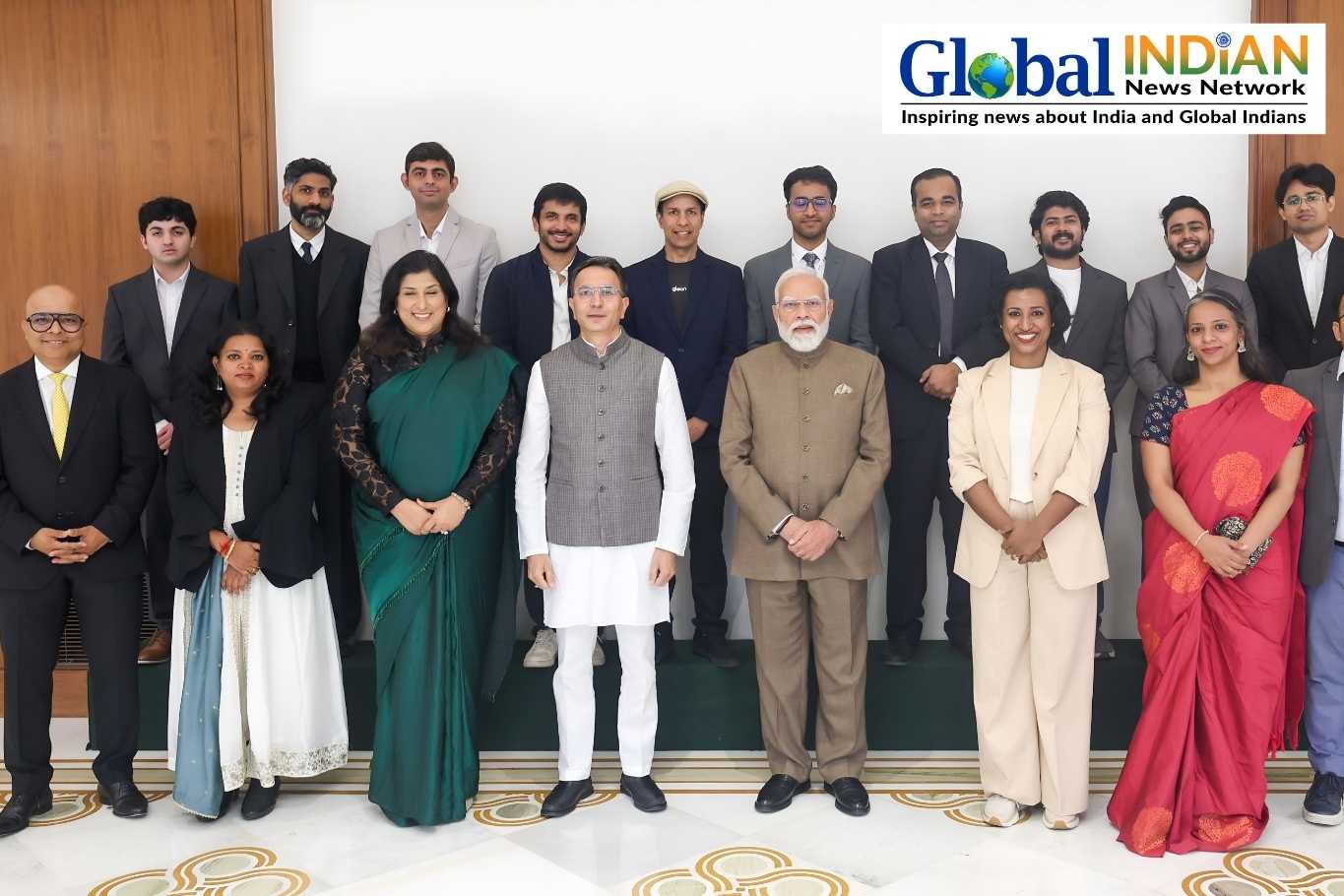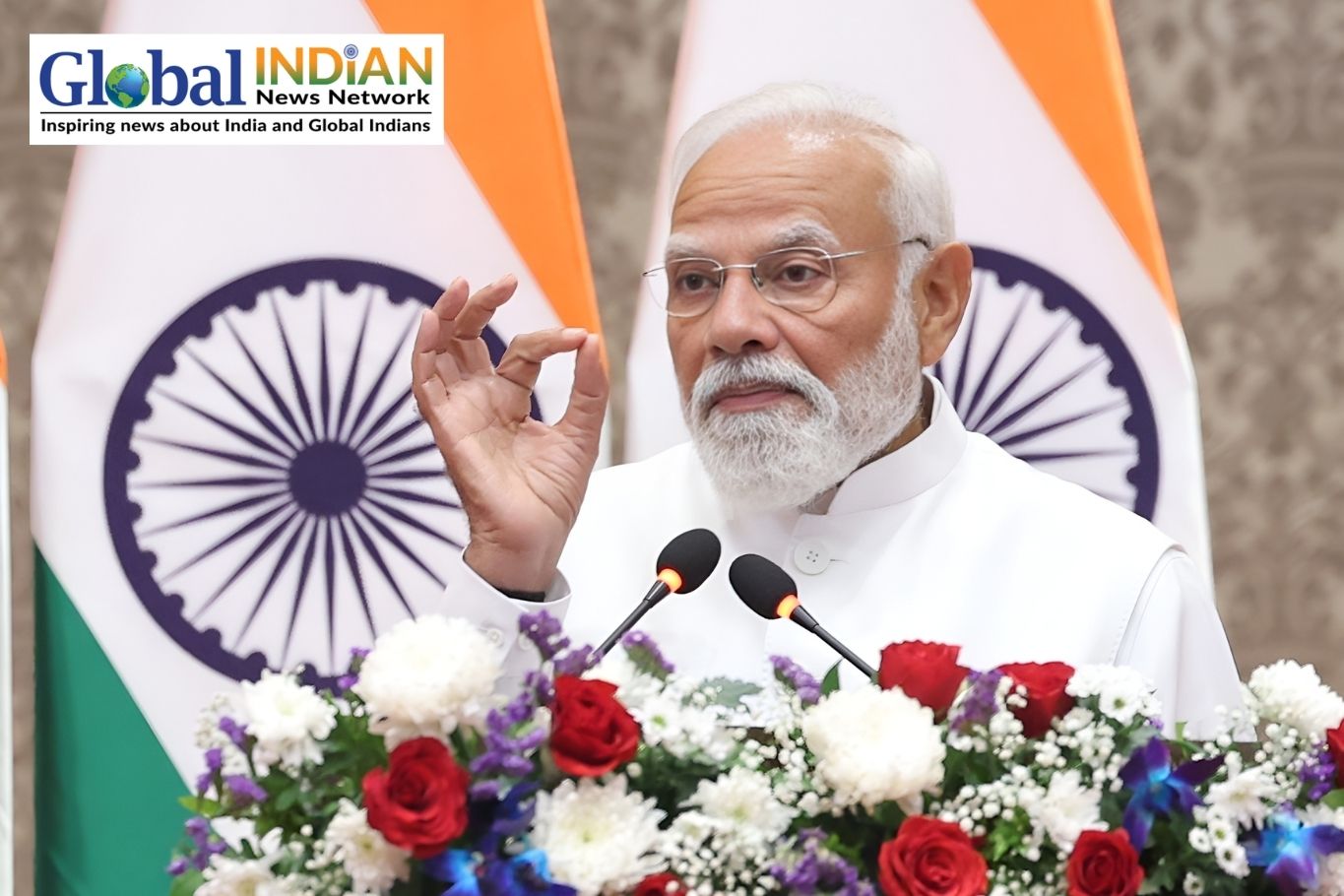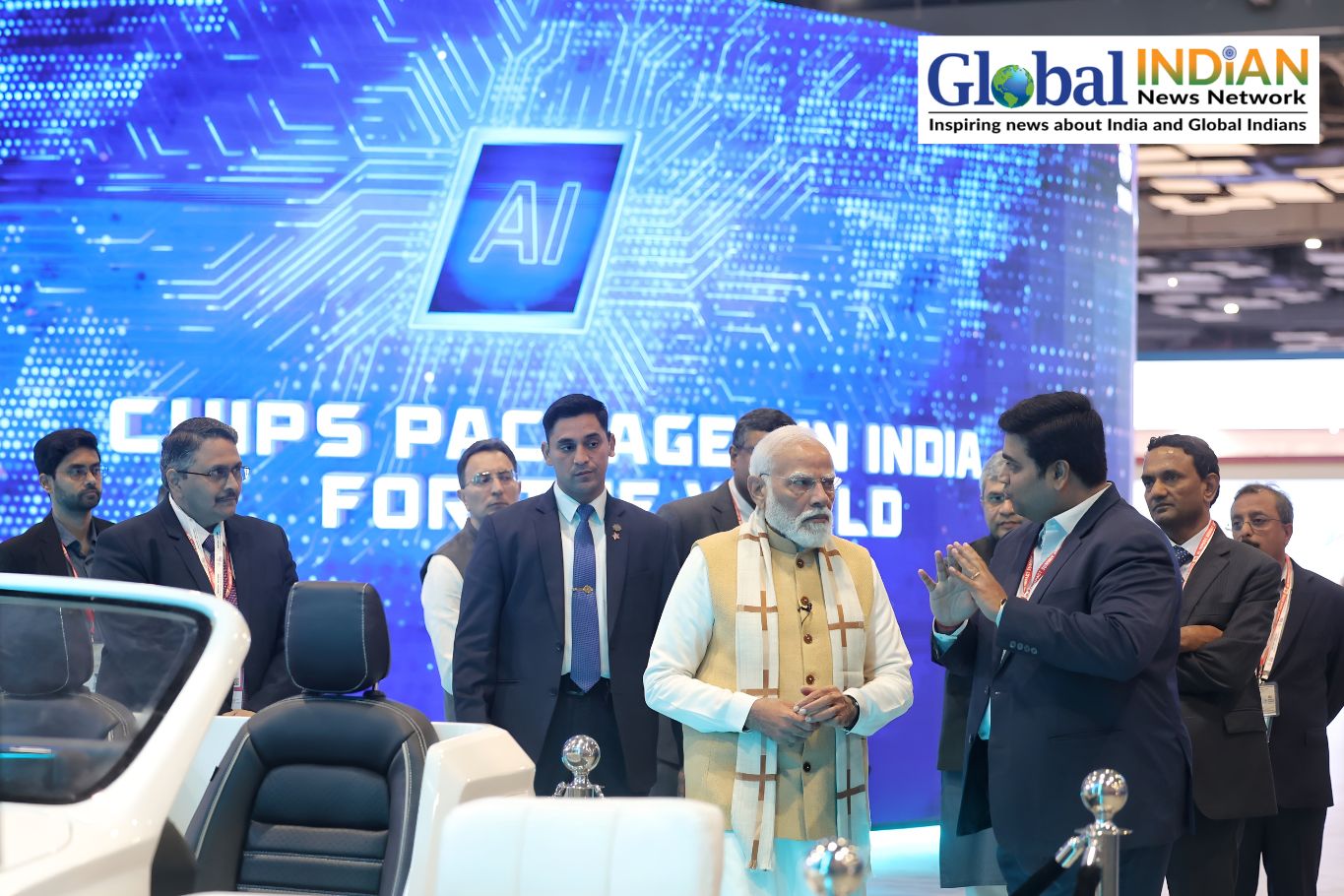
External Affairs Minister S Jaishankar emphasized that India must prepare for a challenging global environment in the near future, a lesson underscored by the COVID-19 pandemic. Speaking at an open discussion on Viksit Bharat @2047, organized by the PHD Chamber of Commerce and Industry (PHDCCI) in New Delhi, Jaishankar highlighted the necessity for India to develop capabilities to meet basic requirements domestically, especially given the ongoing major global conflicts.
Jaishankar pointed out that India’s growth trajectory might vary depending on circumstances, but stressed the importance of planning for a difficult global environment. He reflected on the COVID-19 experience, where India’s reliance on foreign economies for components and supplies led to significant disruptions. This situation validated the ‘Make in India’ and ‘Atmanirbhar Bharat’ initiatives, which he now sees as crucial for national security. Jaishankar argued that India must be self-sufficient in various domains to secure its future, especially in light of the current global turmoil.
The minister remarked on the shift from the globalization mindset, indicating that the world is now more divided, and nations must choose between aligning with the West or alternatives. He suggested that India should approach growth with the understanding that the global environment will remain unstable. The traditional comparative cost approach of globalization is becoming obsolete, as geopolitical divisions, particularly in areas like digital technology, necessitate clear choices about partnerships and alignments.
Jaishankar also touched upon India’s image on the global stage, noting that the world is critical and exacting in its judgment of countries. India’s improved image is attributed to tangible changes and accomplishments within the country, such as infrastructure development, green hydrogen projects, telecom advancements, and defense exports. He stressed that India’s increased respect globally is a result of its performance and resilience, especially post-COVID-19, which included robust economic recovery and technological advancements.
Highlighting the importance of leadership in shaping a country’s image, Jaishankar stated that India’s global perception is closely tied to Prime Minister Narendra Modi. He compared this to other nations where the leader’s image significantly impacts the country’s perception. The confidence and strategic responses under Modi’s leadership have contributed to India’s strong global standing, including handling border issues with China, rolling out 5G, and achieving space milestones.
Drawing a contrast between India’s response to the 26/11 Mumbai attacks and the Uri and Pulwama attacks, Jaishankar underscored the country’s more assertive stance in recent years. The robust responses to the latter incidents conveyed a clear message that those who target India will not be safe even if they cross borders. This shift in response demonstrates India’s resolve to ensure that acts of aggression are met with significant consequences, thereby reinforcing its stance on national security.
Overall, Jaishankar’s remarks at the event underscored the need for India to be self-reliant, strategically prepared for a complex global environment, and assertive in its national security policies.









